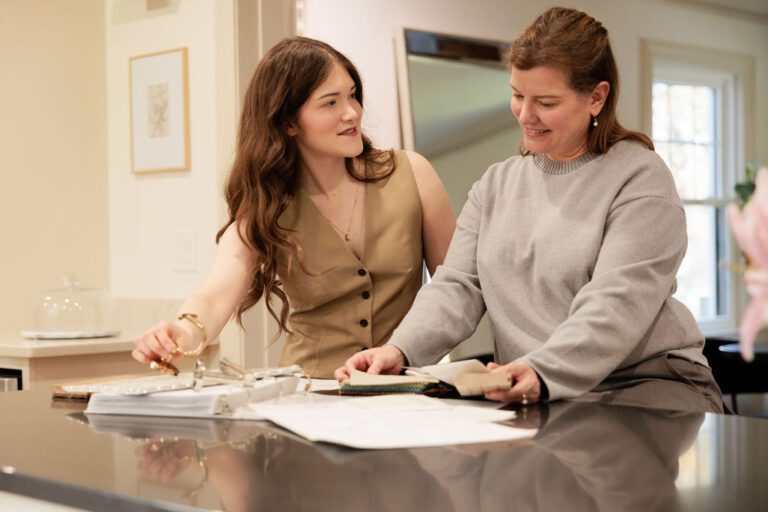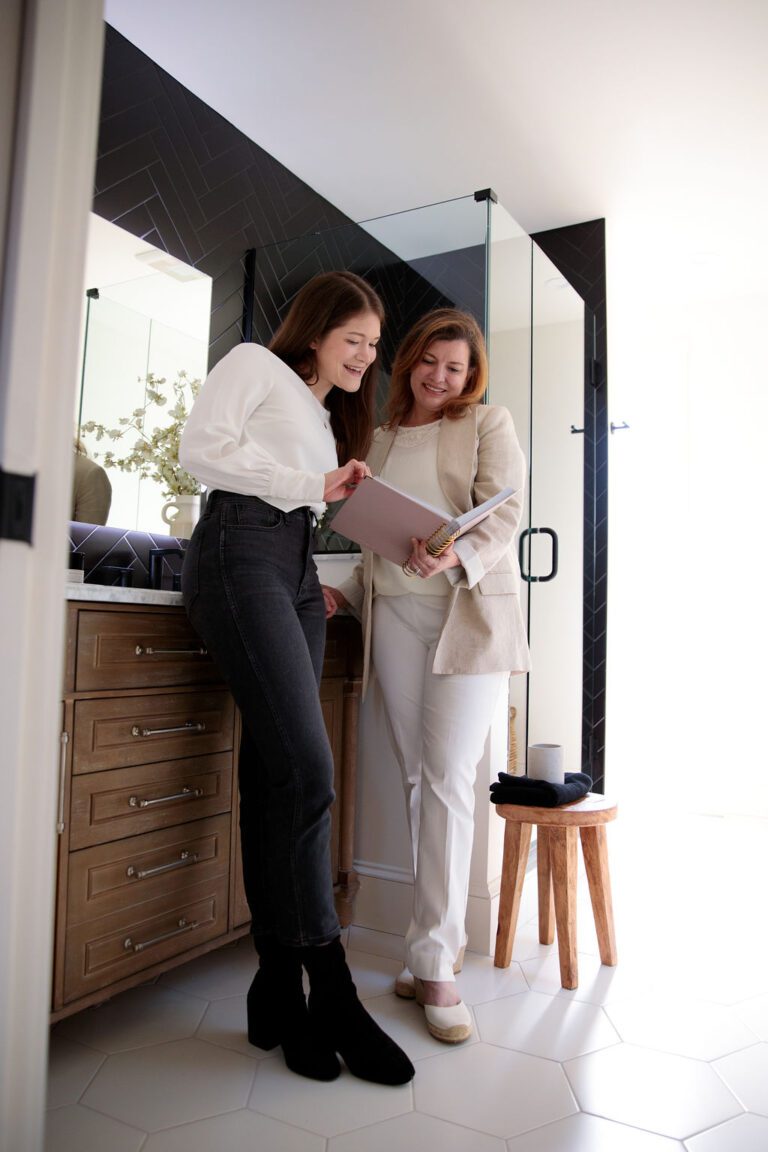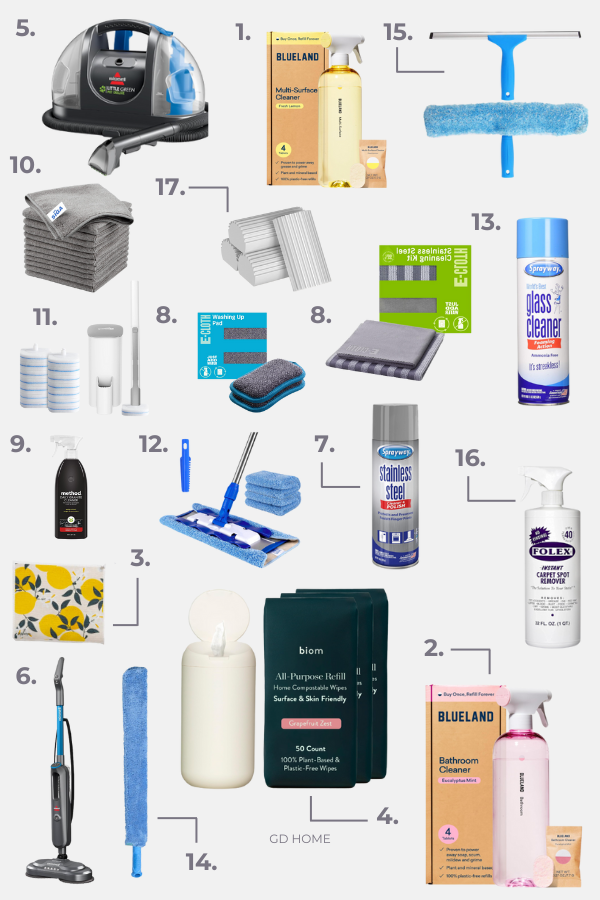Should I Rent or Buy? Find Out in 3 Steps
One of the biggest decisions you’ll make in your adult life is whether to rent or buy a home. Answering this question can feel like an endless struggle. When you throw a pandemic, inflation, and a chaotic real estate market into the mix, making a clear-cut choice can feel difficult – if not impossible.
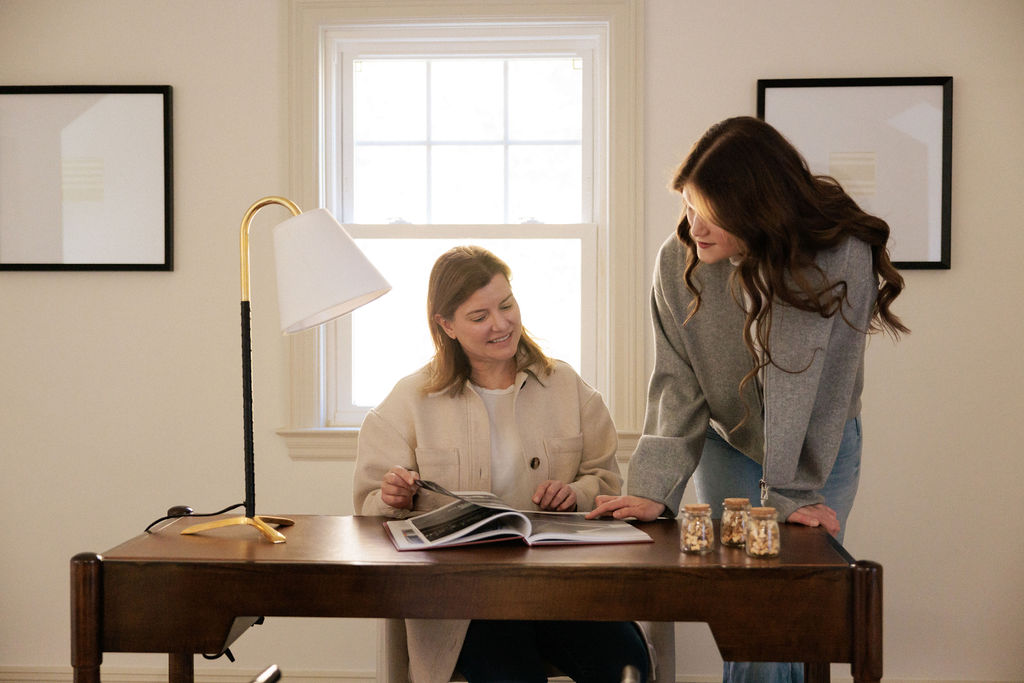
On the one hand, renting can provide flexibility and a sense of freedom, while buying can offer stability and the potential for long-term financial gain. But how do you decide whether you should rent or buy?
Each option comes with its own set of pros and cons, and the decision ultimately depends on your personal circumstances and priorities.
In this blog post, we’ll discuss the pros and cons of renting versus buying a home.
Plus, we’ll share our top 3 tips to help you make the best decision for your unique situation.
Let’s dive in!
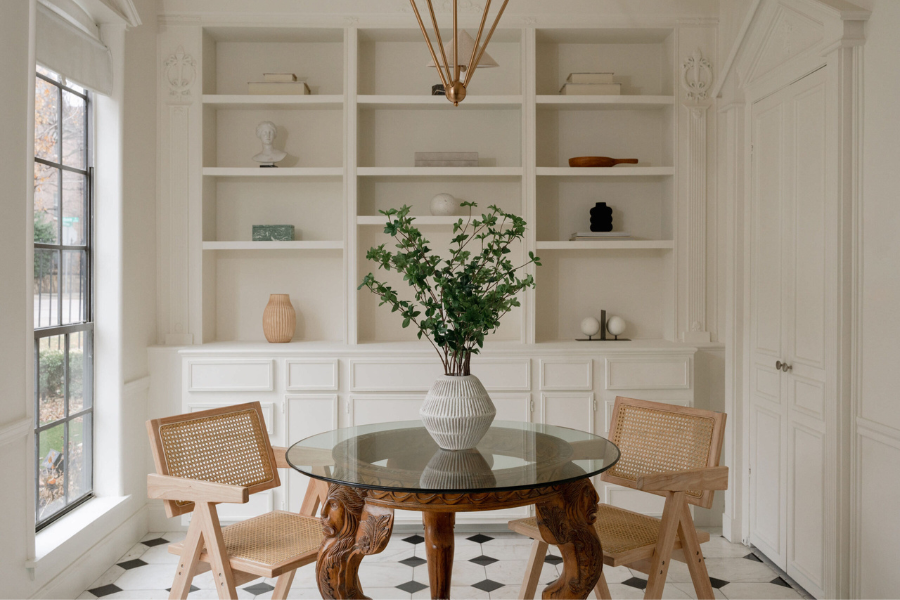
Pros and Cons of Renting
Renting a house has strong advantages and some serious drawbacks.
Pros:
On the plus side, renting gives you the flexibility to move if your job or lifestyle changes. Rental agreements are becoming more flexible, with month-to-month lease terms growing in popularity.
Generally, the longer your contract, the lower your monthly payment. But, the flexibility of a short-term contract offers a strong advantage for those who prefer a more nomadic lifestyle. In most cases, you can move into a rental property more quickly and easily than if you were buying, and there is generally less paperwork involved (always a plus in my book).
As a renter, you don’t have to worry about maintenance and repairs, as these are typically the landlord’s responsibility. Ask any renter and they’ll tell you there is a huge advantage to having the phone number of a maintenance person when unexpected issues arise.
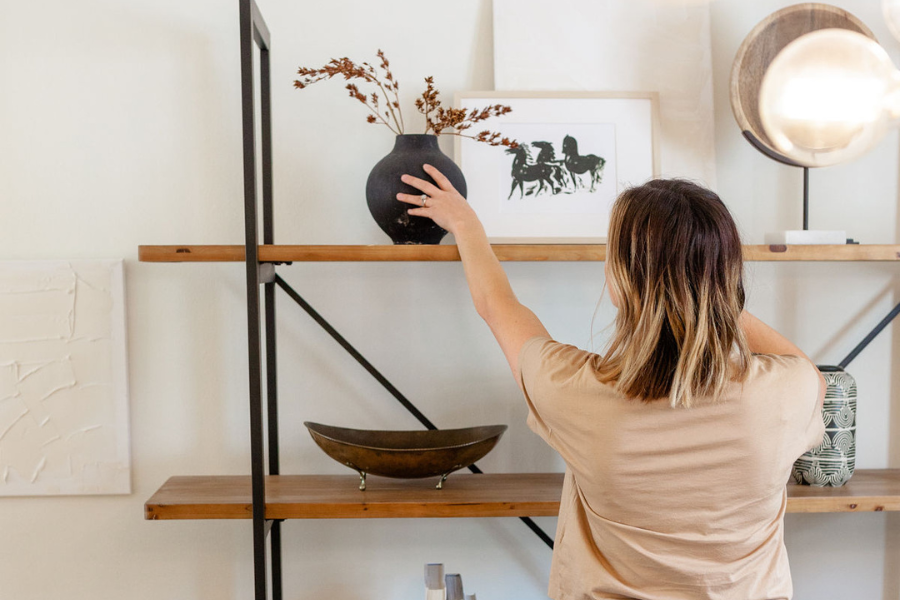
Cons:
Now let’s talk about the financial implications. Renting can be a more affordable option than buying a home, particularly if you’re not ready to commit to a long-term mortgage. In most cases, the upfront leasing costs will be significantly less than the upfront costs of purchasing a home (downpayment and closing costs).
Historically, the monthly costs associated with renting have been lower than those associated with buying a house, although rental rates in the US have continued to rise.
In 2023, the real median gross cost of renting increased by 3.8%, compared to the 1.8% growth in real median home values. According to the US Census, 2023 marked the highest annual real increase in rents since 2011.
In fact, nearly half of renters in America spend more than 30% of their income on rent, making the historic cost savings of renting less of a factor.
There are a few other downsides to renting.
For starters, you will not have the opportunity to build equity in your home because… well, it’s not your home. The investment belongs to the property owner, and they are the ones who reap the rewards. You’ll also be at the mercy of your landlord when it comes to rate increases or even the possibility of your landlord making a decision to sell the property.
As a renter, you’re borrowing the property from someone else. The inability to make improvements or realize a financial return on your investment may frustrate some renters.
Pros and Cons of Buying
Buying a house is a big commitment, and for many people, it’s a life goal and the definition of the American Dream. There are plenty of benefits and downsides to owning your own home.
Pros:
For one, you own the property. That means that you enjoy the freedom to decorate and renovate however you like without having to get approval from a landlord.
Additionally, your monthly mortgage payments will be contributing to the equity you have in your home and your equity will almost always increase over time. That equity can come in handy if you ever need to borrow money or want to sell the house down the road.
As a homeowner, you will have more control over your living situation. You won’t have to worry about being suddenly uprooted if your landlord decides to sell the property or raise the rent.
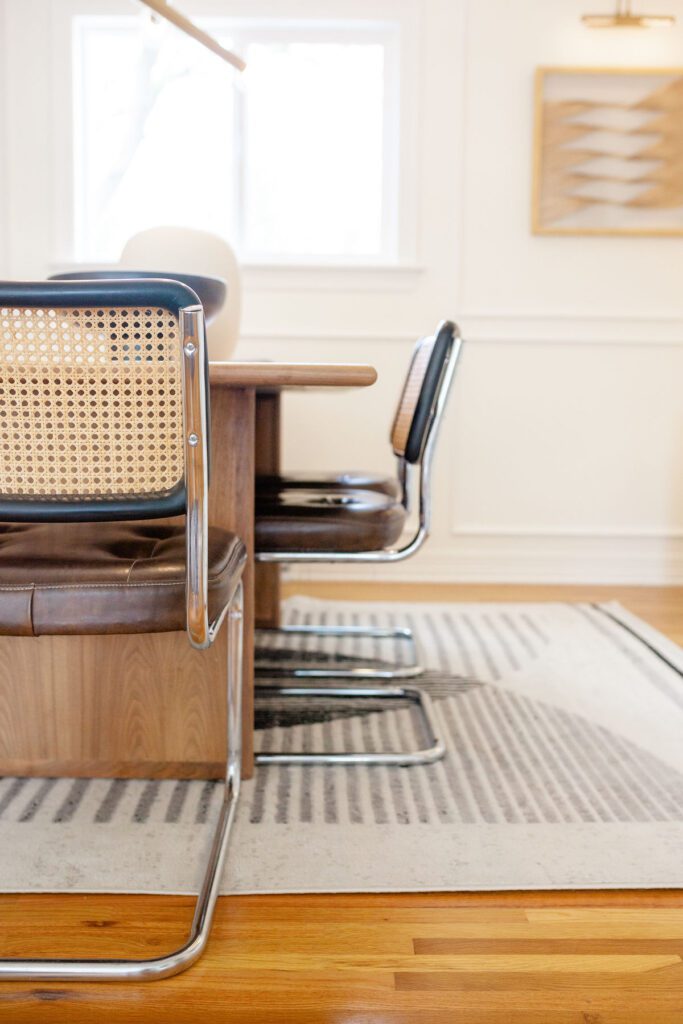
Cons:
Of course, buying a house also comes with some drawbacks. Homeownership is a much bigger financial commitment than renting, and much of that expense comes at the time of purchase. On the financing side, it can be difficult to obtain a mortgage depending on your income and credit history.
Initially, your monthly costs will likely be higher than if you were to rent. However, as you continue to pay down your mortgage, your interest payments decrease, and your principal payments increase, reducing your monthly expenses.
As a homeowner, the property belongs to you, but so does the expense of maintenance and repairs. There is also the potential for experiencing a decrease in property value.
Before starting your home search, check out the Top 8 Hidden Costs of Homeownership so you can be financially prepared for this big milestone.
3 Things to Consider When Deciding Whether to Rent or Buy
It’s important to remember that there is no one-size-fits-all answer to this housing decision. The pros and cons of each option vary based on your needs for the future; however, here are three things that you should consider as you decide between renting and buying.
Finances
Your financial situation is one of the most important things to consider when deciding whether to rent or buy a house.
Can you afford to make a down payment and cover closing costs? Are you in a stable enough job to commit to a mortgage and the carrying costs of owning a home? And are you prepared to weather any repairs or unexpected expenses that may arise?
Related Posts: A Homebuyer’s Guide to Real Estate Closing Costs
For some people, renting offers a more flexible and affordable option. But for others, investing in a home can be a sound financial decision and a great long-term investment.
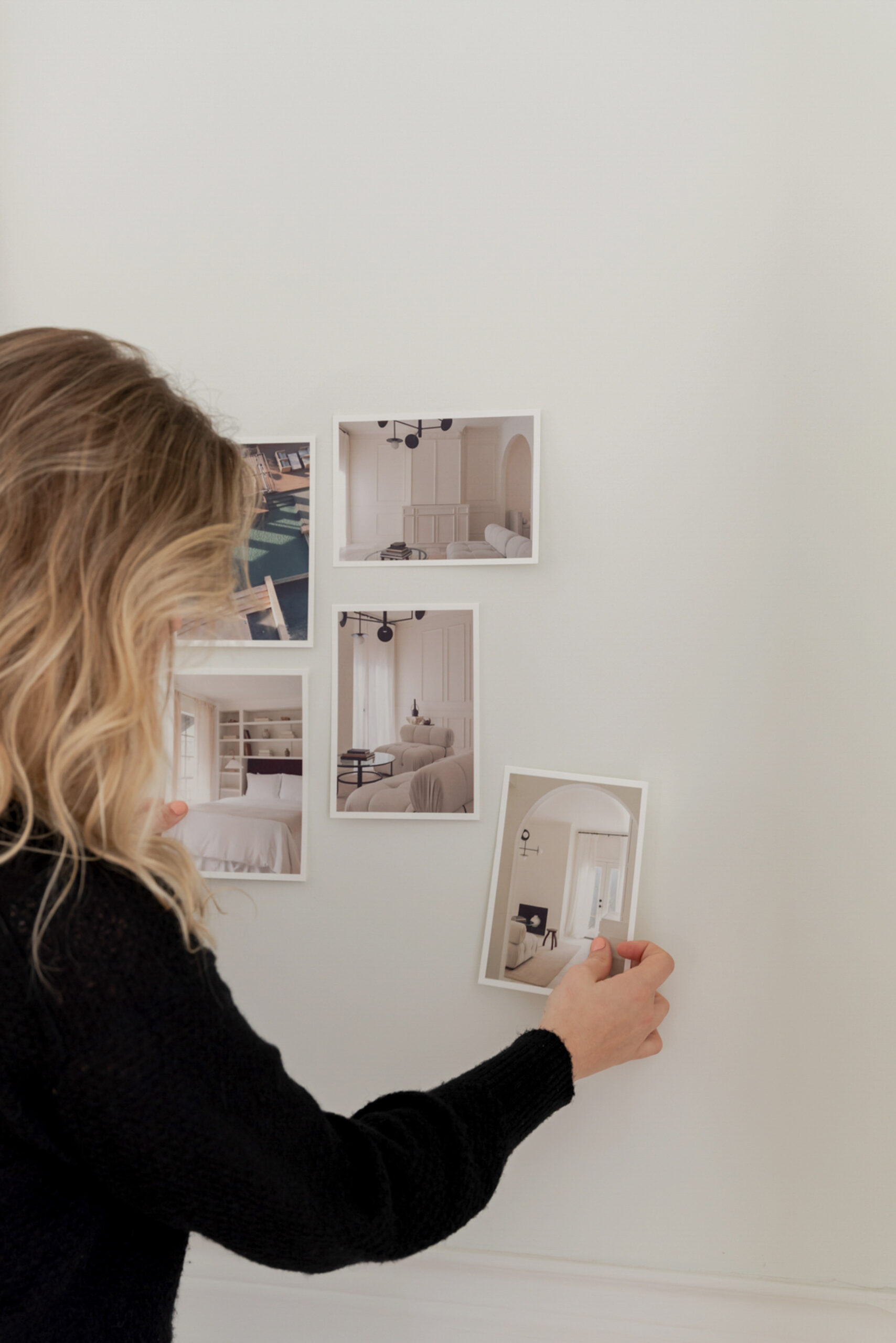
Housing Market
The current housing market is another important factor to consider. If prices are rising, it may be a good time to buy a house so that you can benefit from appreciation. However, if prices are falling, it may be better to rent since you won’t have to worry about your home’s value going down.
What do you do when the housing market is absolutely nuts, inventory is low, and homes are receiving multiple offers above the asking price? Is it STILL a good time to buy?
For some people, buying a home is still the best option. If you have a stable job and good credit, you may be able to qualify for a low-interest mortgage. Additionally, if you plan on staying in your home for several years, you’ll build up equity that you can tap into later down the road.
Lifestyle and Goals
Ultimately, the best way to decide whether to buy or rent is to assess your long-term goals and figure out which option aligns better with your plans. If stability and the idea of “putting down roots” is important to you, then buying a home may be the better choice.
You’ll have a fixed monthly payment, and you’ll build equity over time. You’ll have the freedom to plant fruit trees, fence in an area for a pet or a playground, and make your home your own. On the other hand, if you’re planning to travel or move frequently, then renting may make more sense. You’ll have more flexibility, and you won’t be tied down to one location.

So, Should I Rent or Buy?
The decision comes down to your personal circumstances and preferences. There is no right or wrong answer, and both paths have their share of benefits and obstacles.
Weighing the pros and cons of each option is a great way to help you make an informed choice that aligns with your long-term goals, financial situation and lifestyle preferences.
If you are still unsure whether to buy or rent a house, we recommend talking to a financial advisor. They can help you assess your finances and make the best decision for you.
This post is all about how to decide if you should rent or buy a home.

